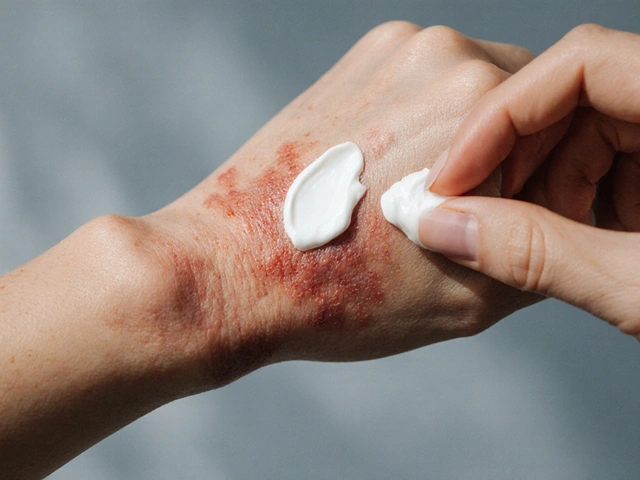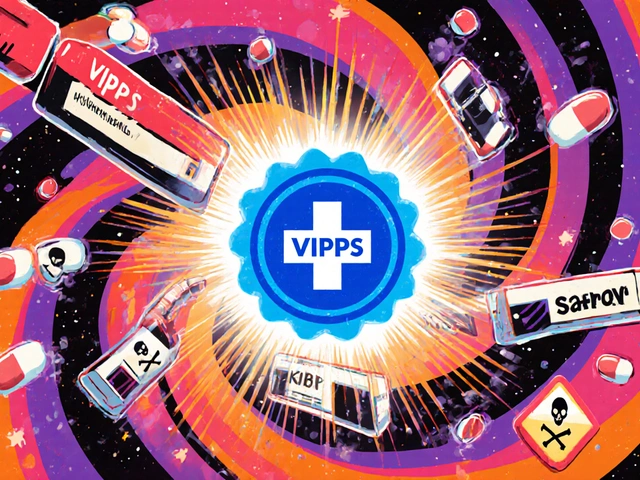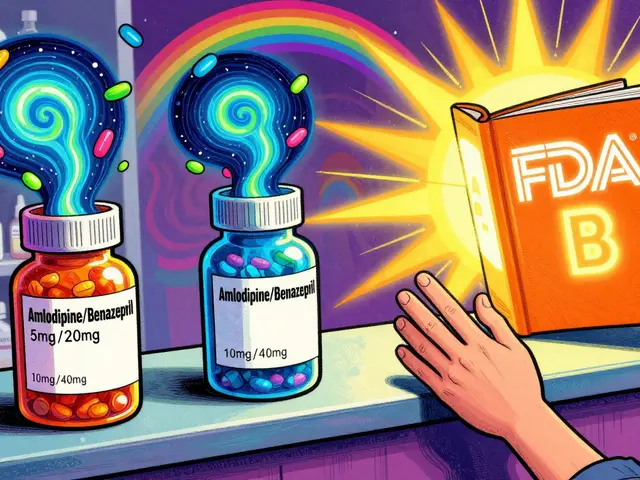Fertility Information and Guides – OnMen Pharma
If you're looking for clear answers about getting pregnant or improving reproductive health, you’ve come to the right spot. This page gathers easy‑to‑read articles that cover everything from medicines that can help or hurt fertility to simple lifestyle changes you can try today.
Medications that affect fertility
Many prescription drugs have a side effect on hormone balance, sperm count, or ovulation. For example, long‑term use of steroids (like the ones discussed in our basicstero.ws review) can lower testosterone and make it harder to conceive. On the flip side, some medicines are designed to boost fertility – think clomiphene or letrozole, which doctors often prescribe for women with irregular cycles.
Even common meds like prednisone (see our Prednisone buying guide) can interfere with hormone production if taken without proper monitoring. Always ask your pharmacist or doctor how a drug might impact your chances of conceiving and whether a blood test is needed to keep things in check.
We also cover antibiotics that are safe during pregnancy and those you should avoid. Our article on Amoxicillin alternatives explains when it’s okay to use certain drugs without risking the baby later on.
Natural ways to support reproductive health
Beyond pills, everyday habits play a big role. Eating foods rich in zinc, selenium and vitamin D can improve sperm quality and egg health. If you’re curious about supplements, we have a guide on Sea Buckthorn benefits that talks about its antioxidant power – great for protecting reproductive cells.
Staying active matters too. A moderate walk or short jog three times a week can boost circulation to the pelvic area and help regulate hormones. Cut down on heavy drinking; alcohol can lower iron levels and worsen anemia, which in turn affects fertility (read our piece on Alcohol’s effects on anemia for details).
Stress is another hidden factor. Even short breathing exercises before bedtime can lower cortisol, the hormone that interferes with ovulation. Try a simple 5‑minute meditation each night and notice if your cycle becomes more regular.
If you need help tracking ovulation, free apps are available, but remember they’re only tools – talk to a healthcare provider for personalized advice.
Our tag page also links to articles about medications that might be safe during pregnancy, like how to buy Medrol online if you ever need steroids under doctor supervision. All the guides follow legal and safety steps so you can order safely in 2025.
Bottom line: fertility isn’t just a medical issue; it’s a mix of drugs, diet, stress, and everyday choices. Use the articles below to learn what’s safe, what to avoid, and which small changes could give your body a boost. Have a question? Drop a comment or reach out – we’re here to help you navigate this journey with clear, practical info.
The Science Behind Clomiphene: How It Works
As a blogger, I recently delved into the fascinating world of fertility treatments and discovered the science behind Clomiphene, a commonly prescribed medication for women struggling with ovulation. Clomiphene works by stimulating the release of hormones that promote ovulation by blocking estrogen receptors in the hypothalamus and pituitary gland. This tricks the body into thinking estrogen levels are low, which then triggers the production of more follicle-stimulating hormone (FSH) and luteinizing hormone (LH). These hormones stimulate the growth and release of a mature egg, increasing the chances of successful conception. The whole experience has made me appreciate the incredible advancements in reproductive medicine and the hope they provide to countless couples.
The Impact of Pheochromocytoma on Fertility and Sexual Health
As a blogger, I recently explored the impact of pheochromocytoma on fertility and sexual health. Pheochromocytoma is a rare tumor that affects hormone-producing cells in the adrenal glands, leading to an overproduction of adrenaline and other hormones. This condition can have significant consequences on a person's reproductive health, including causing hormonal imbalances that can lead to irregular menstrual cycles, decreased libido, and erectile dysfunction. Moreover, the stress and anxiety caused by the tumor can also exacerbate these issues, making it even harder for individuals to conceive or maintain a healthy sex life. It is crucial to raise awareness about this rare condition and the importance of early diagnosis and treatment to improve the quality of life for those affected.






